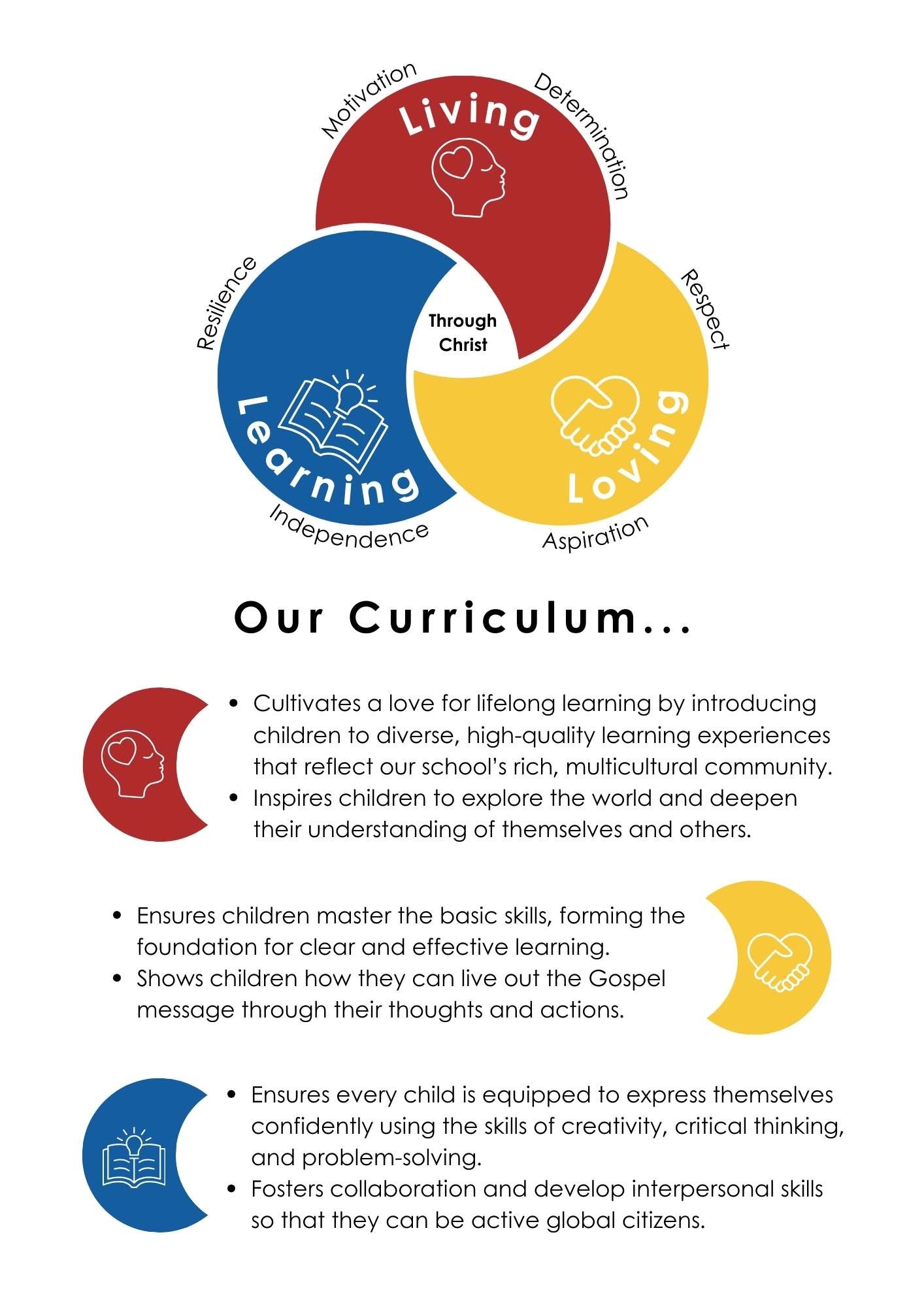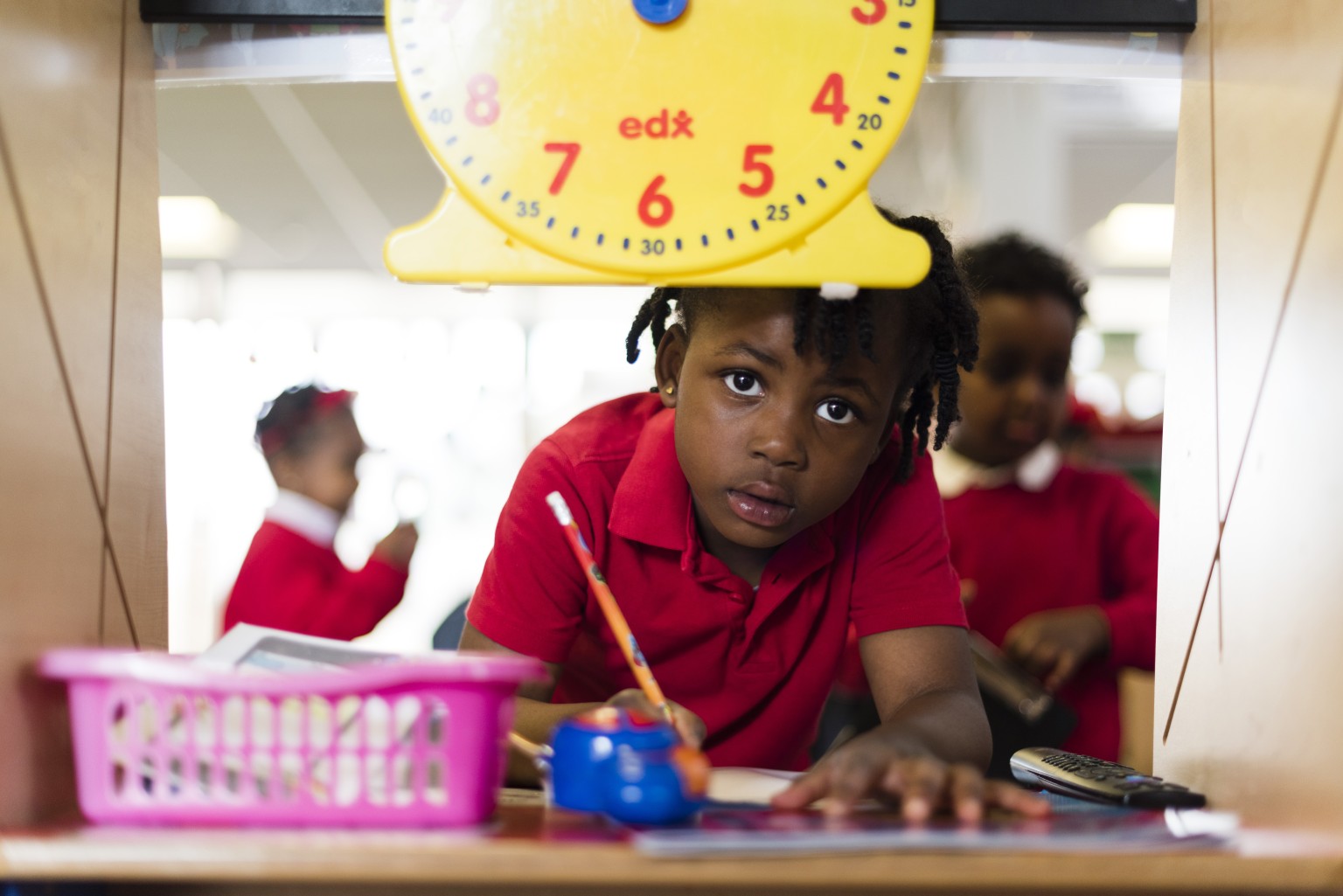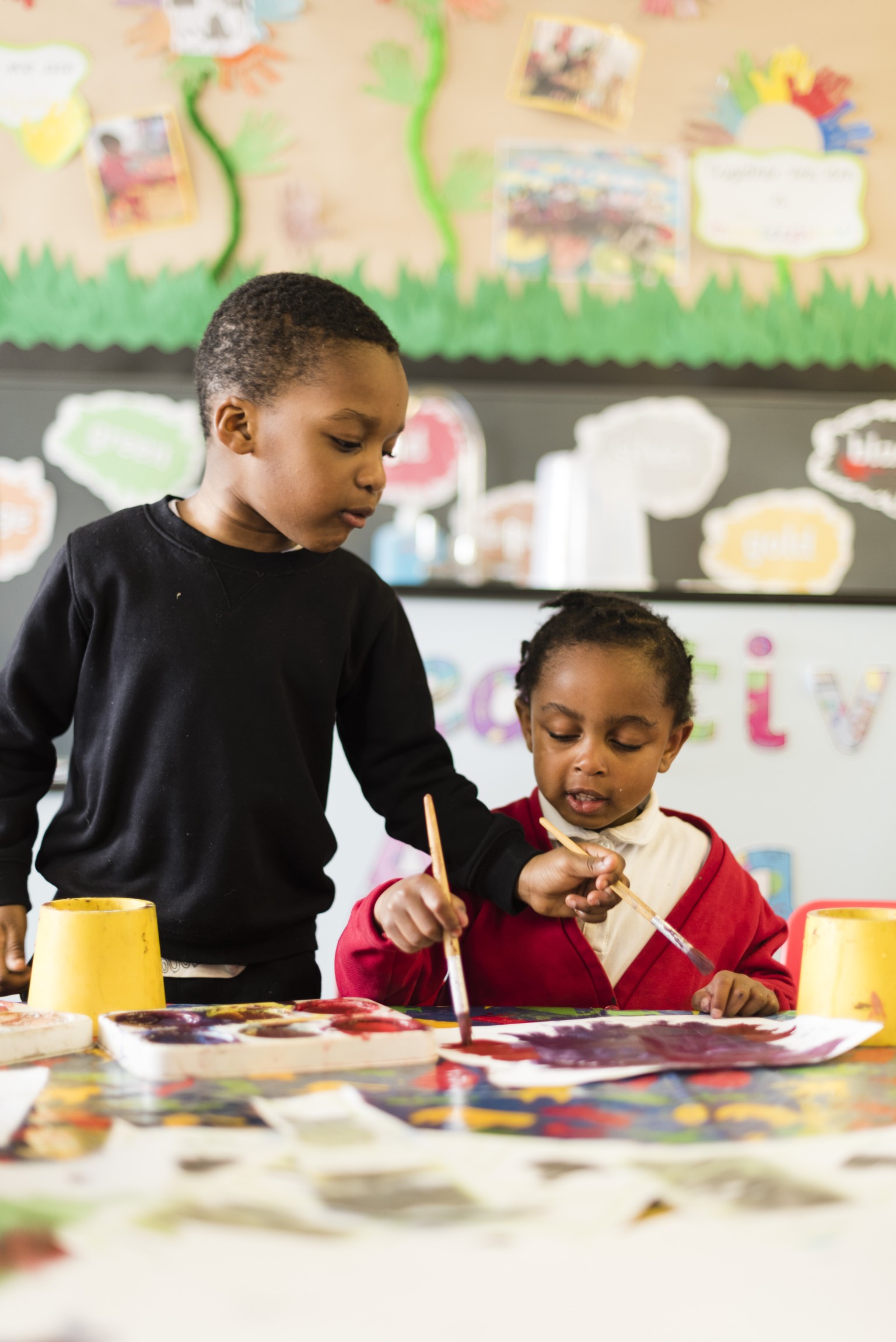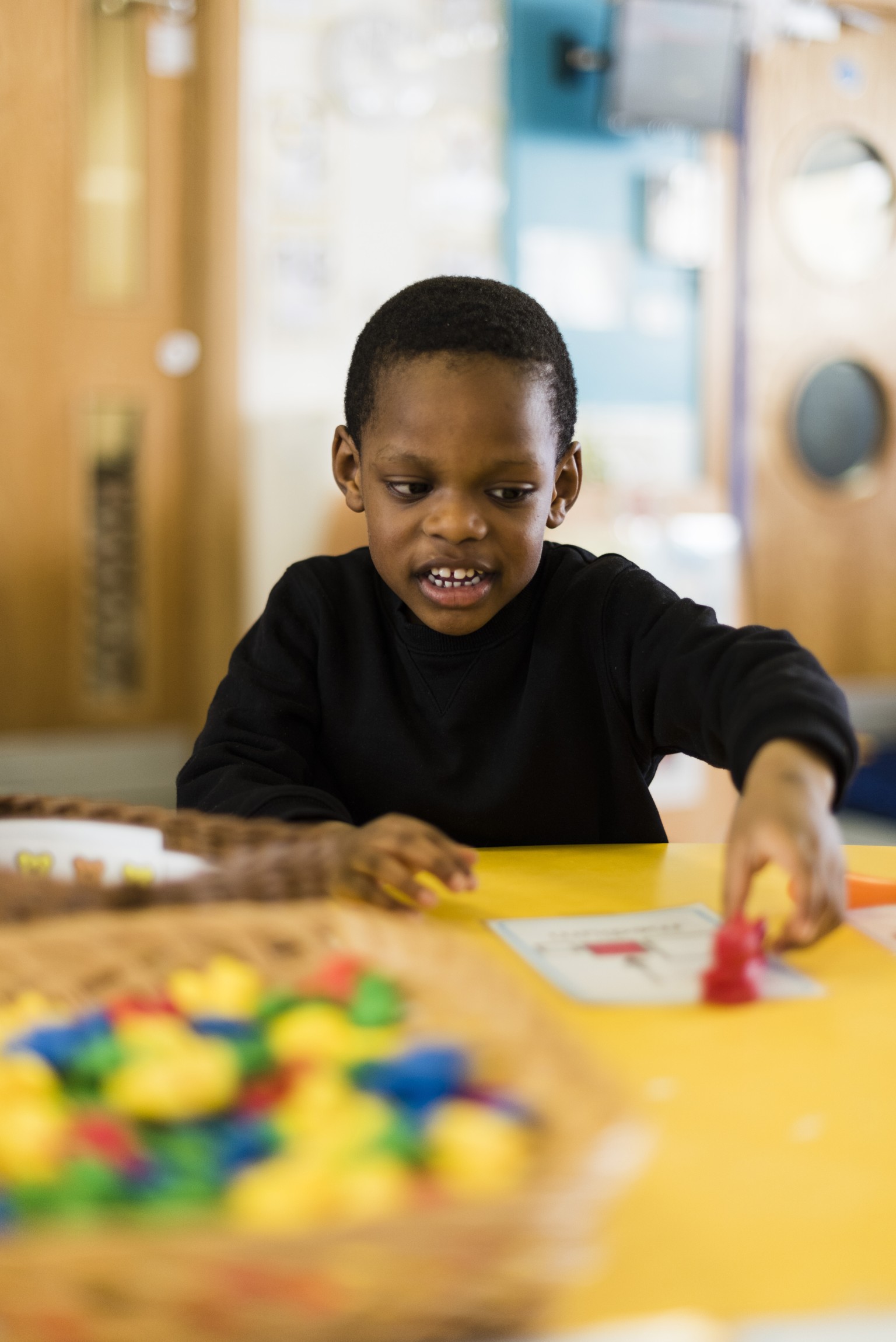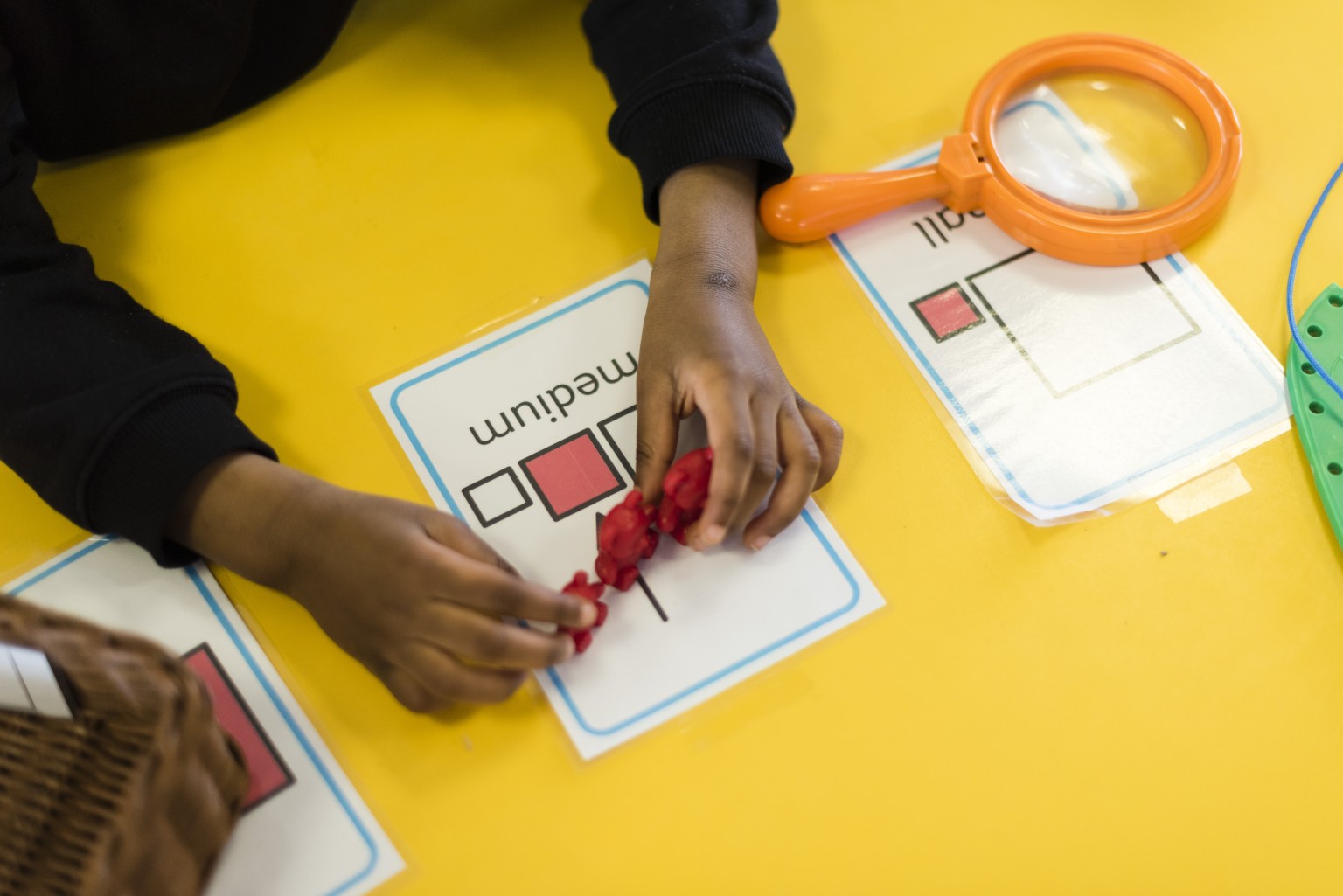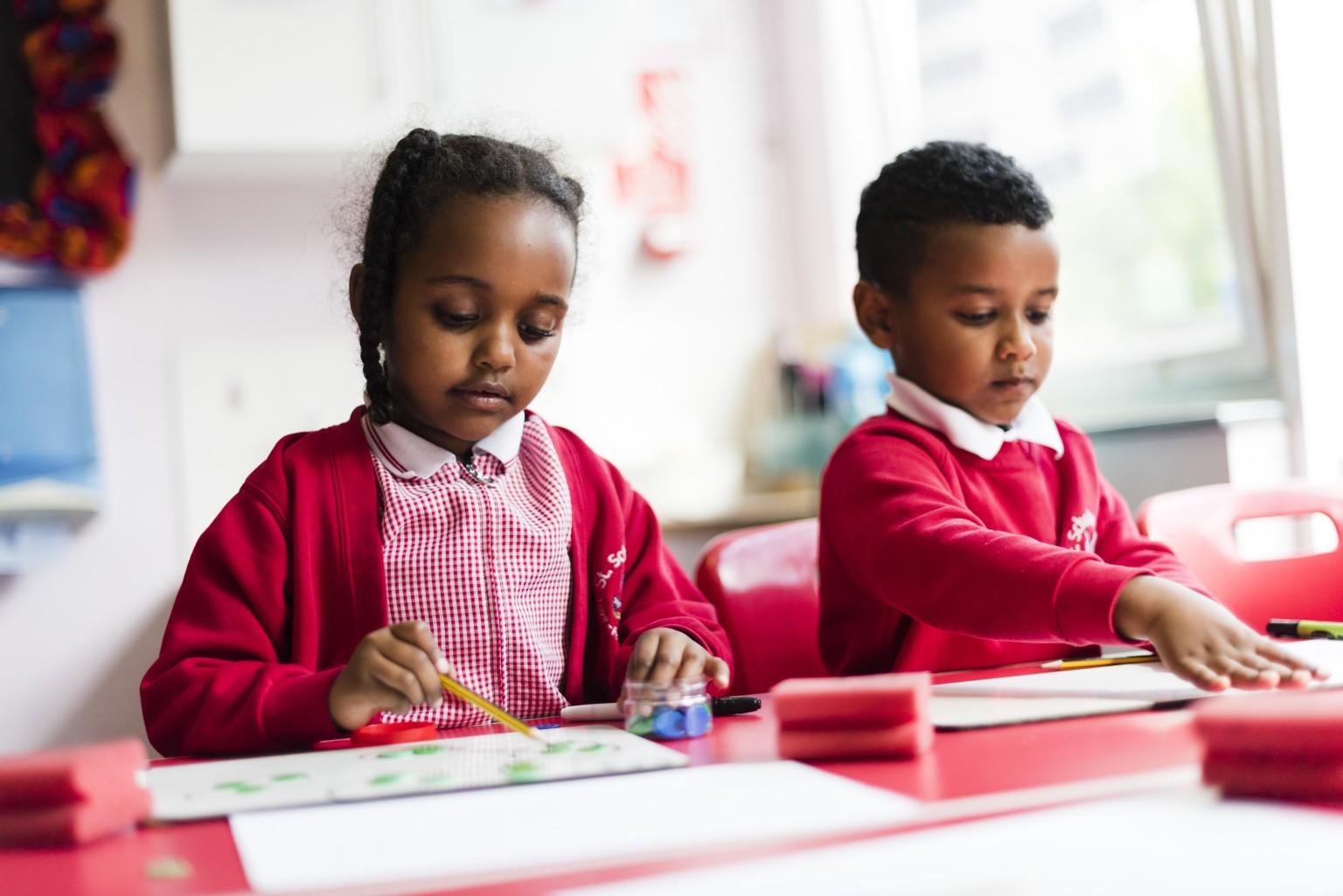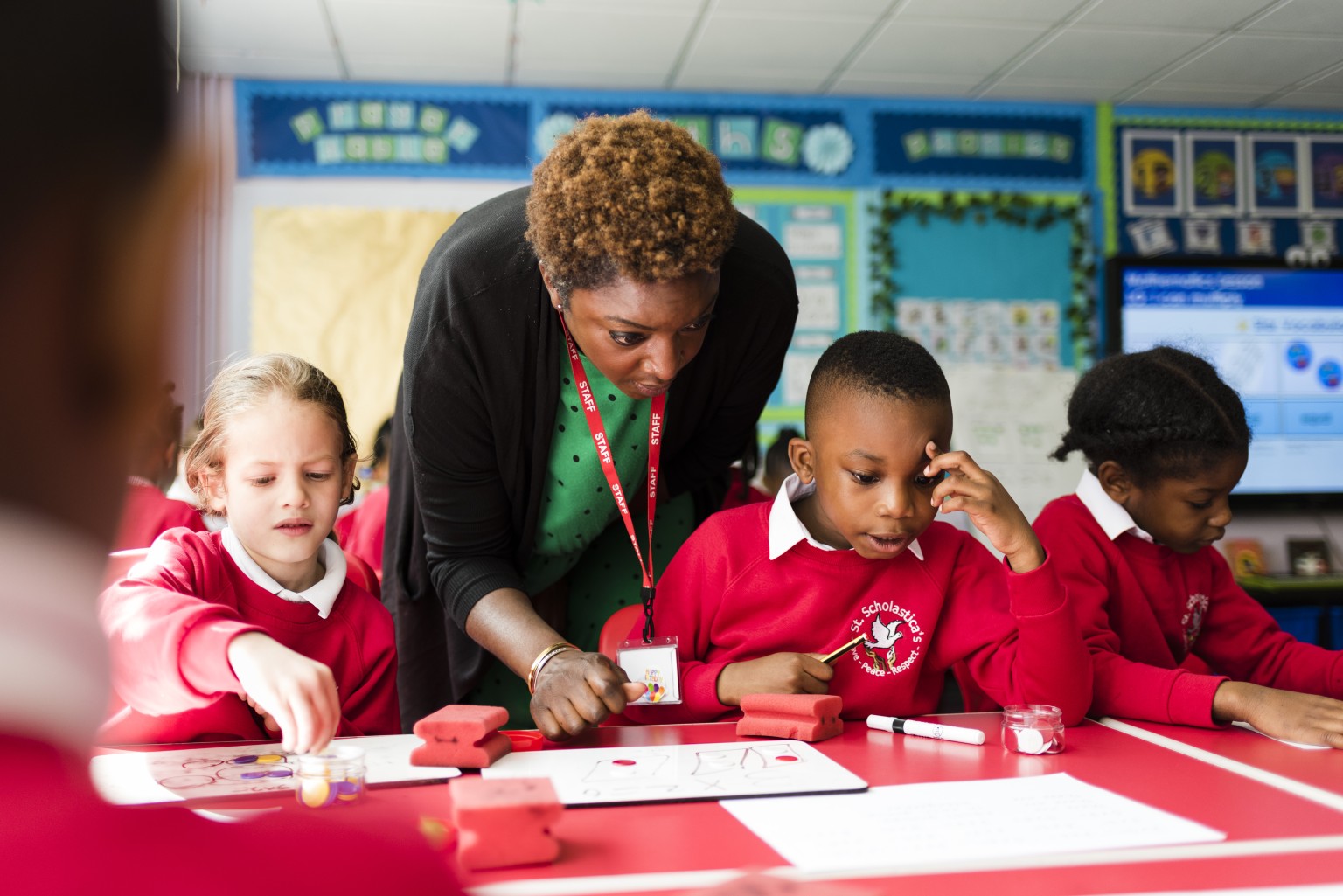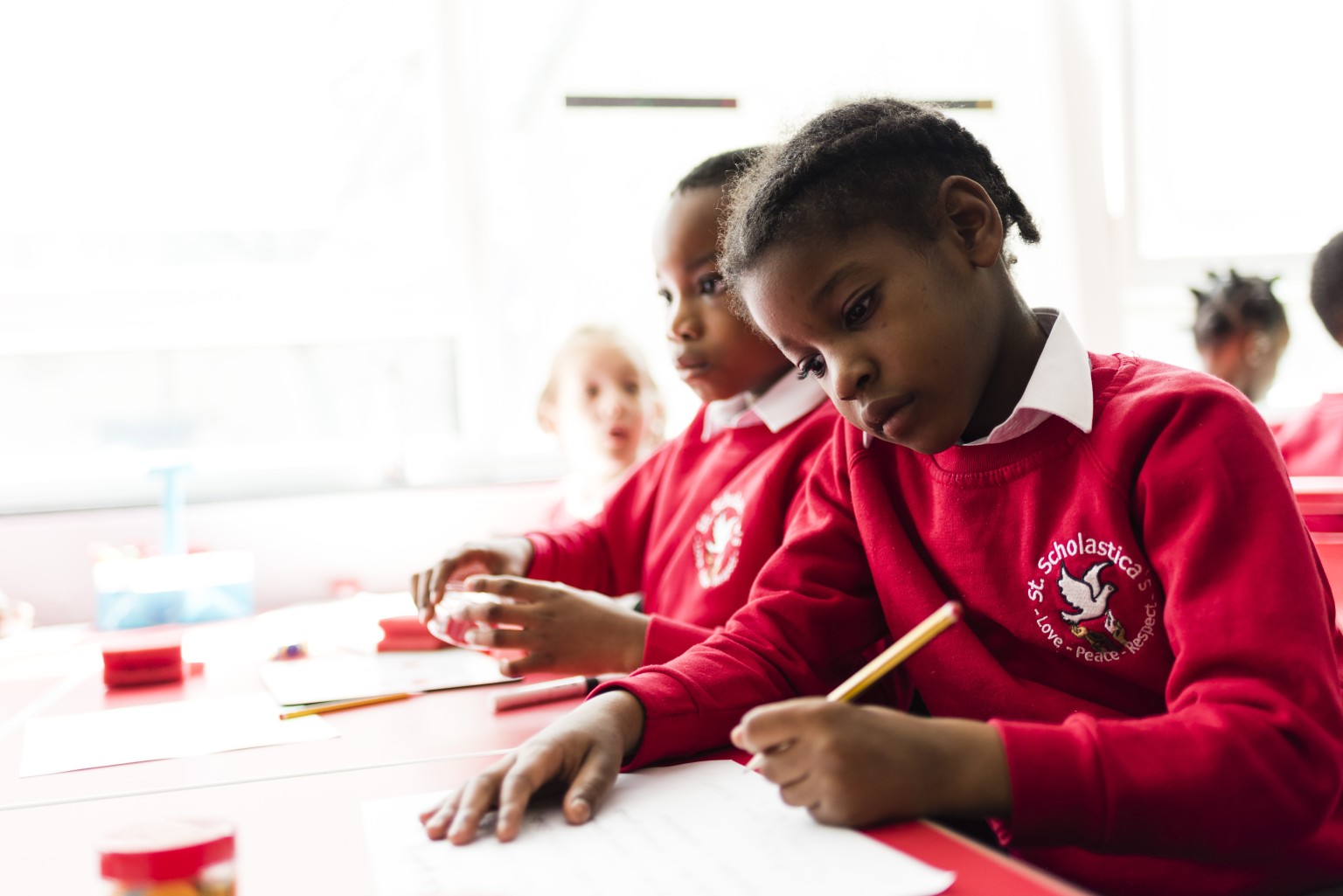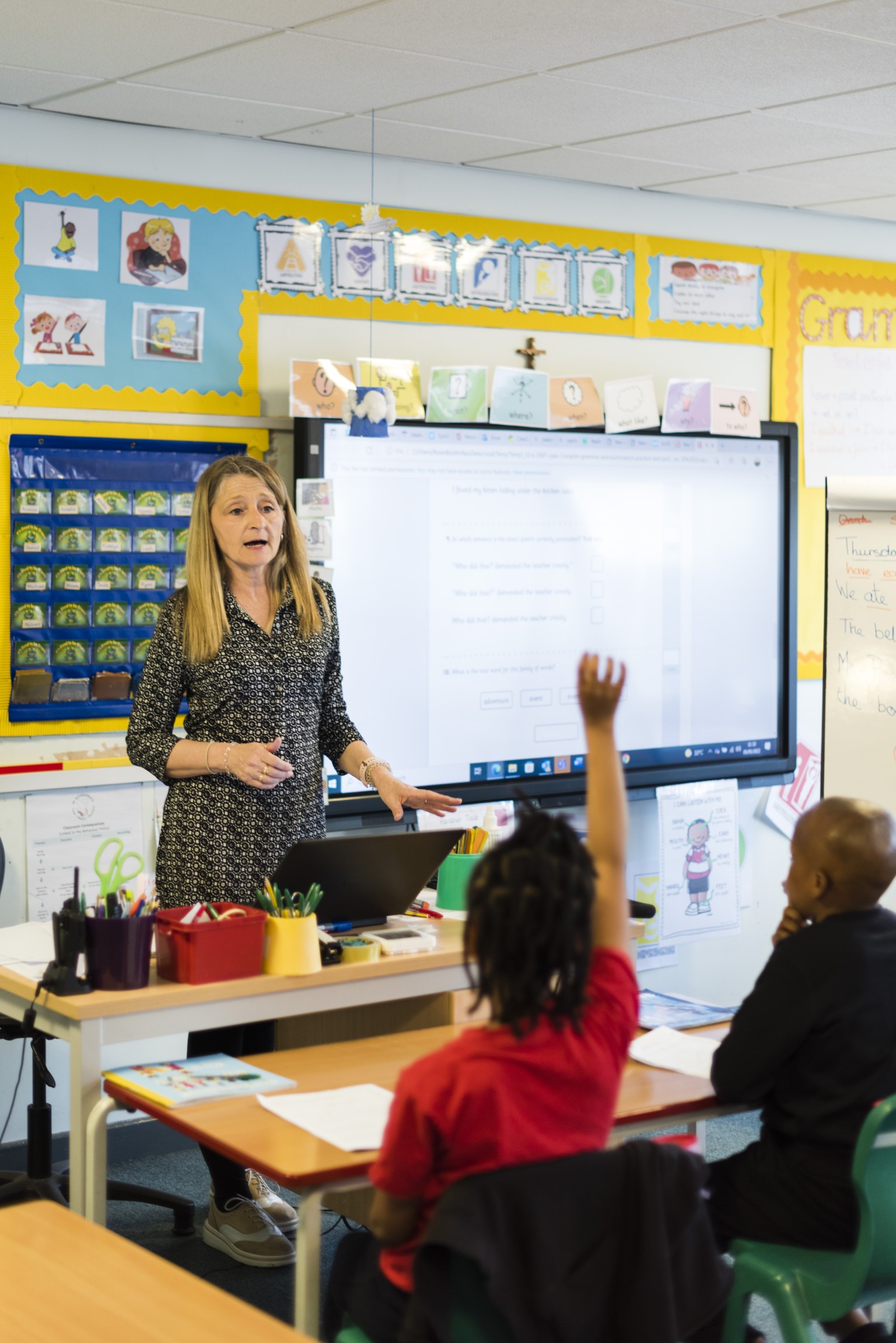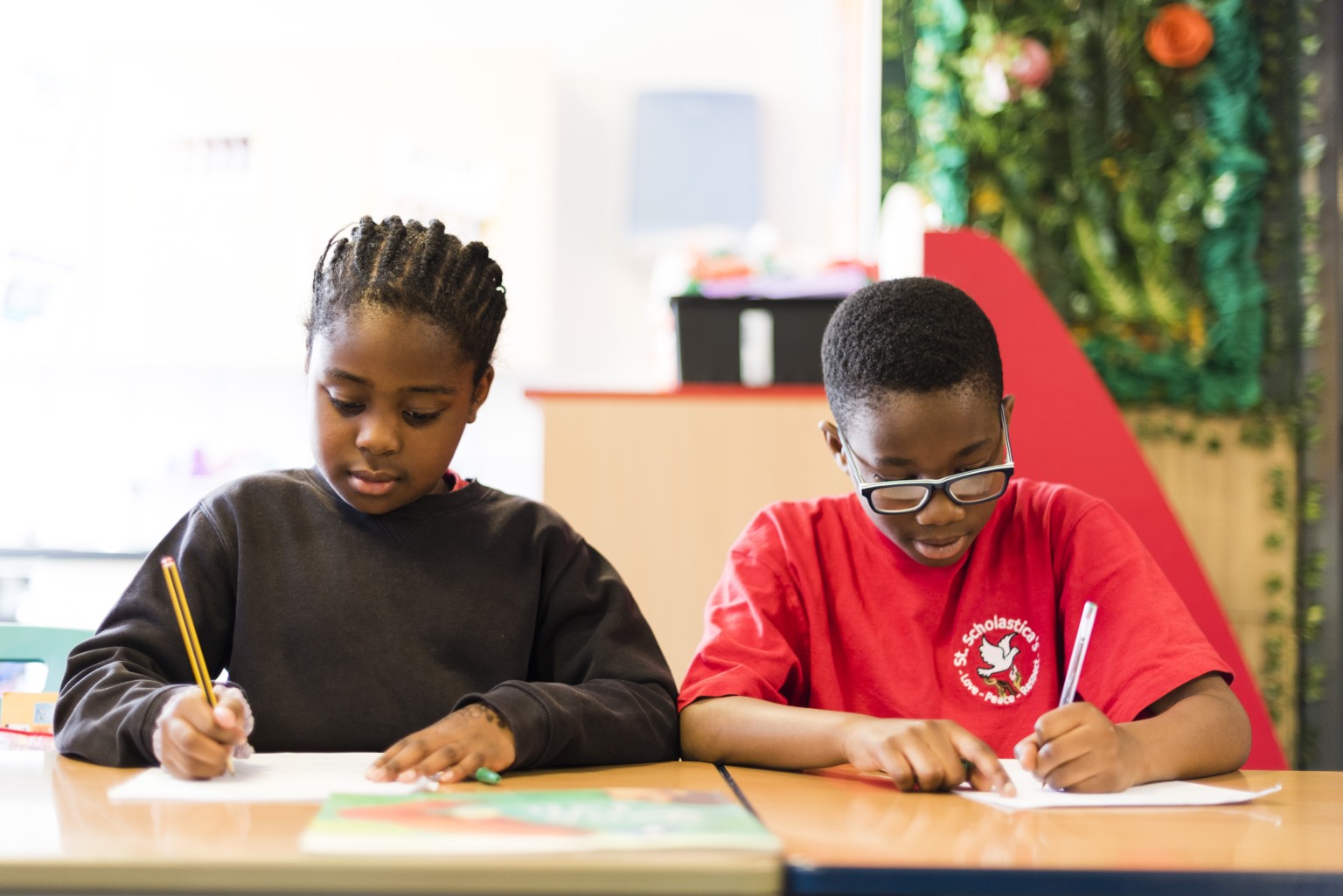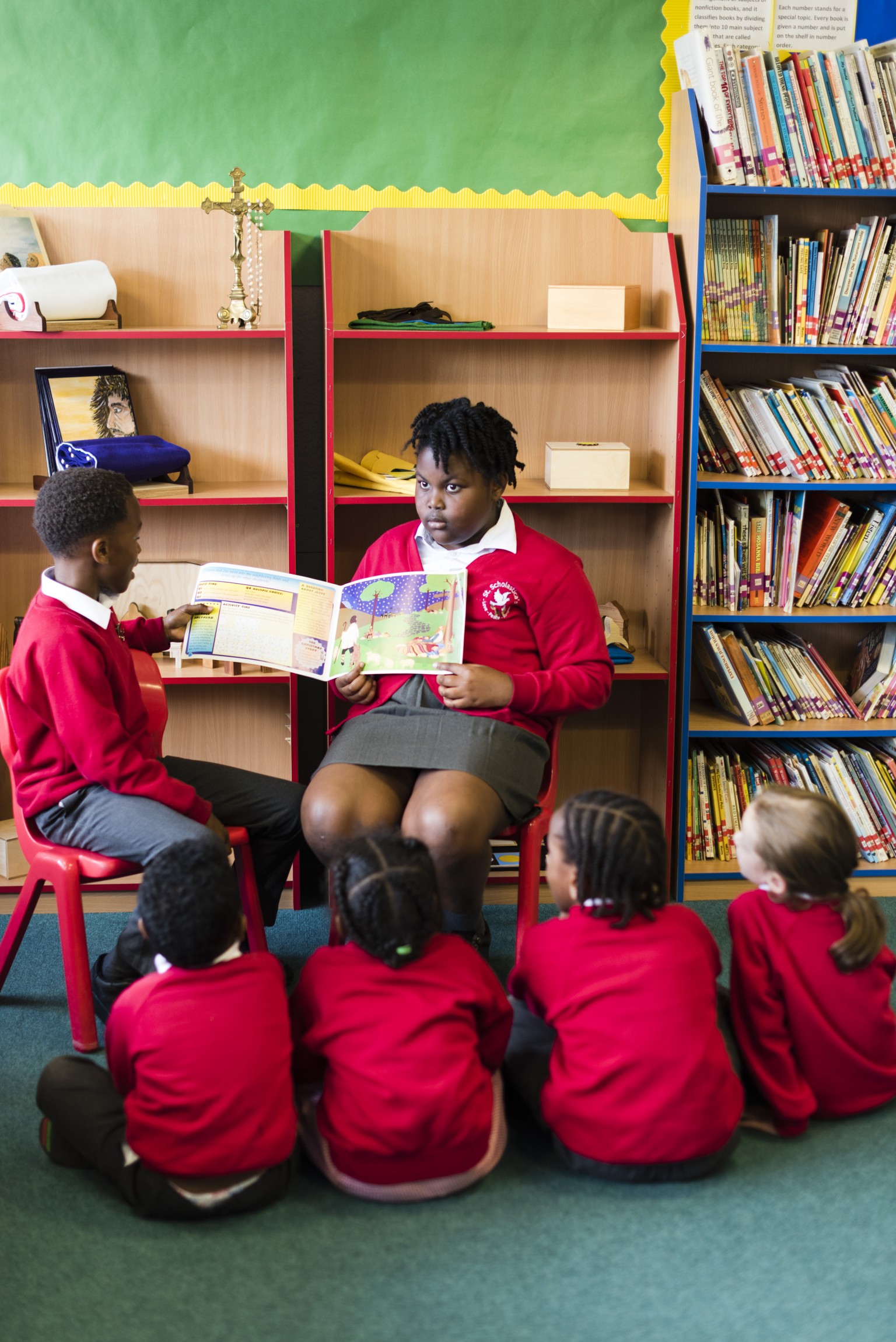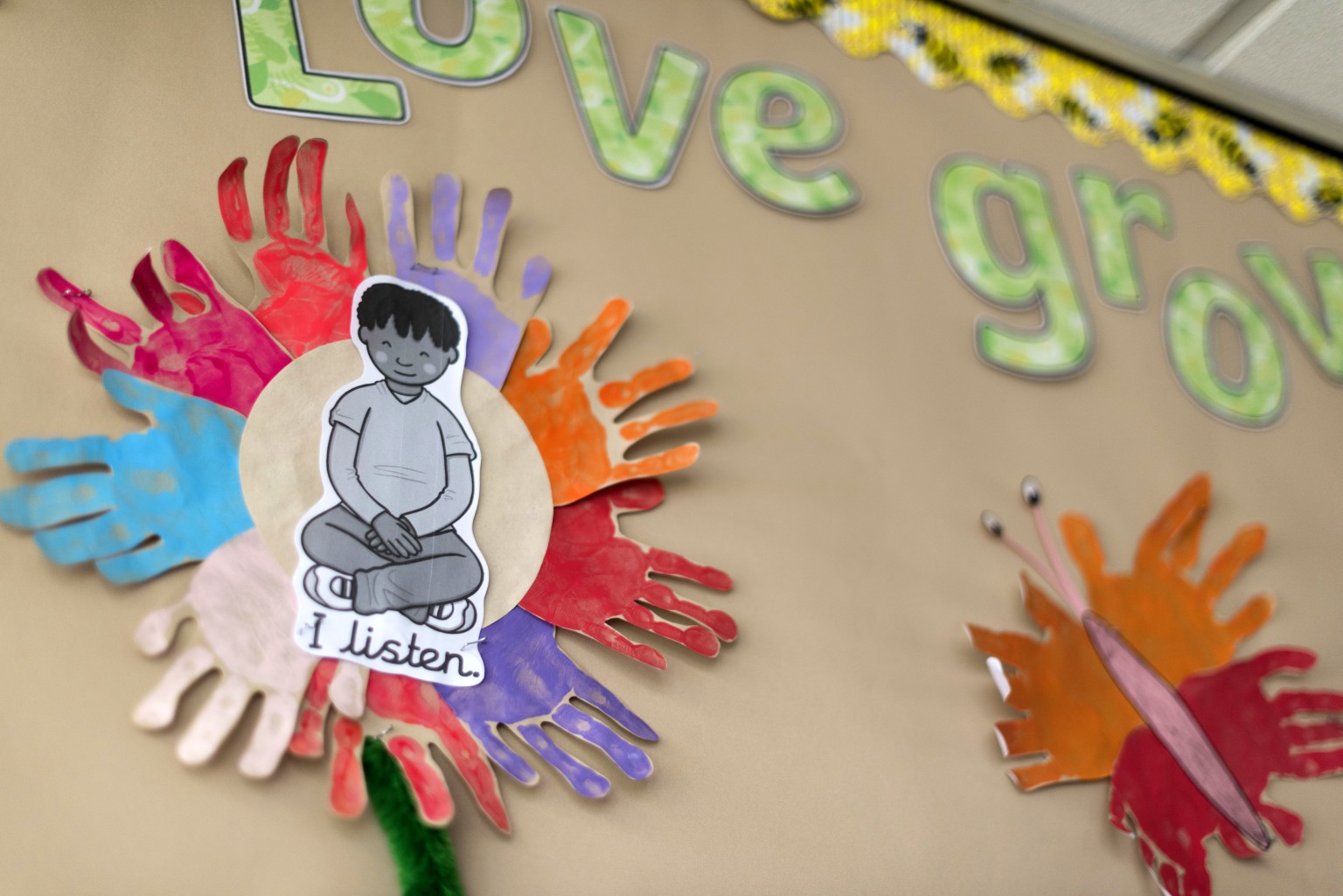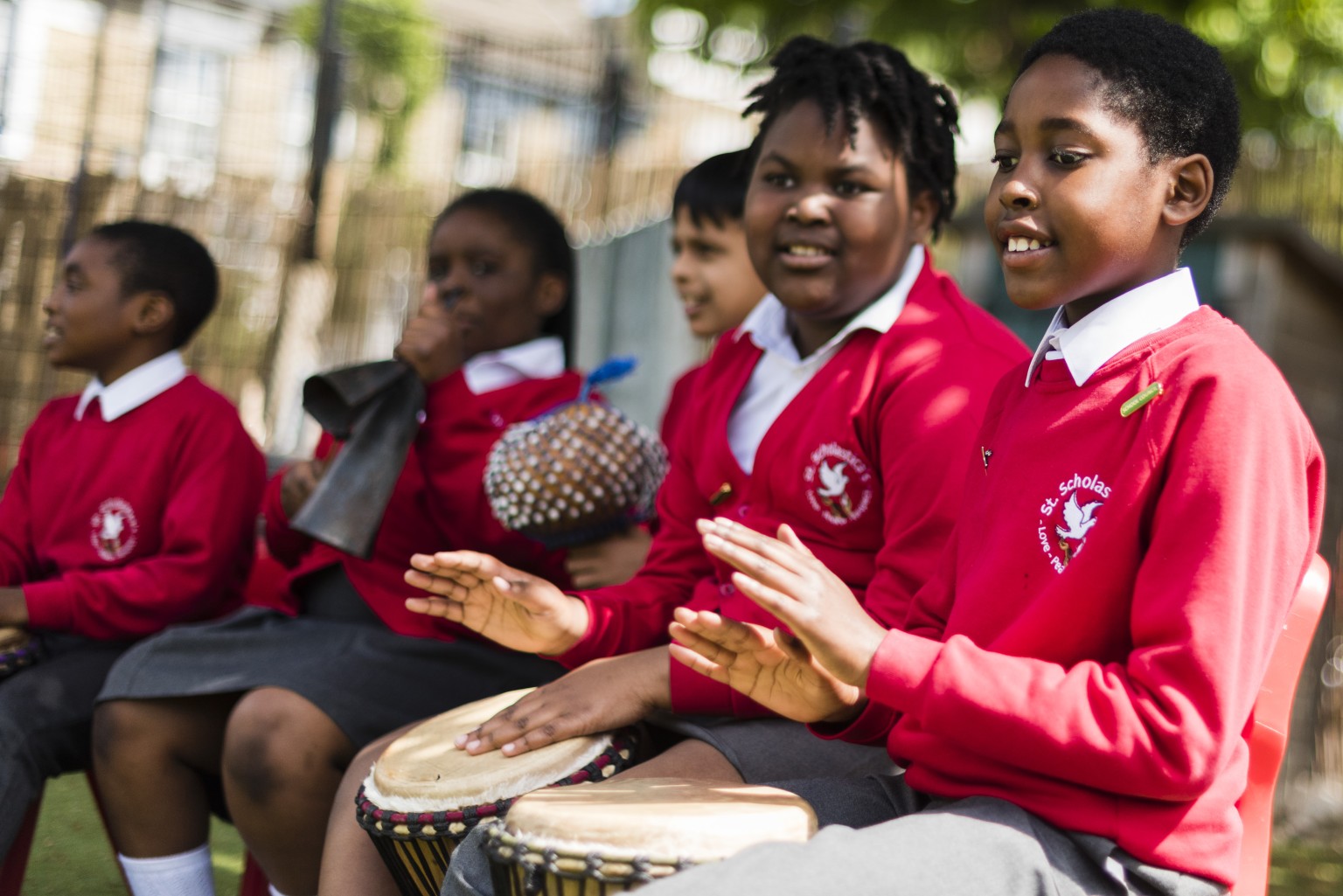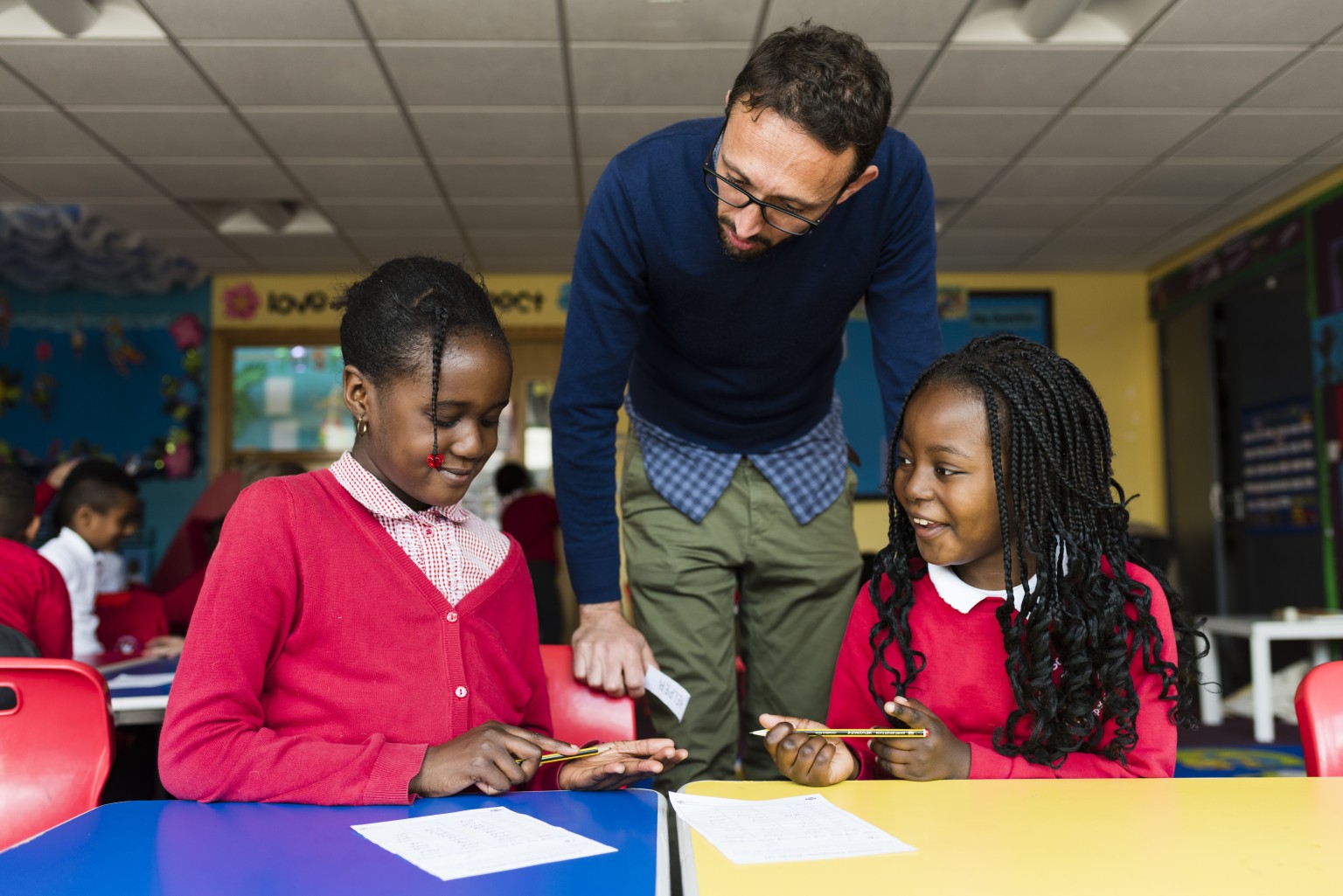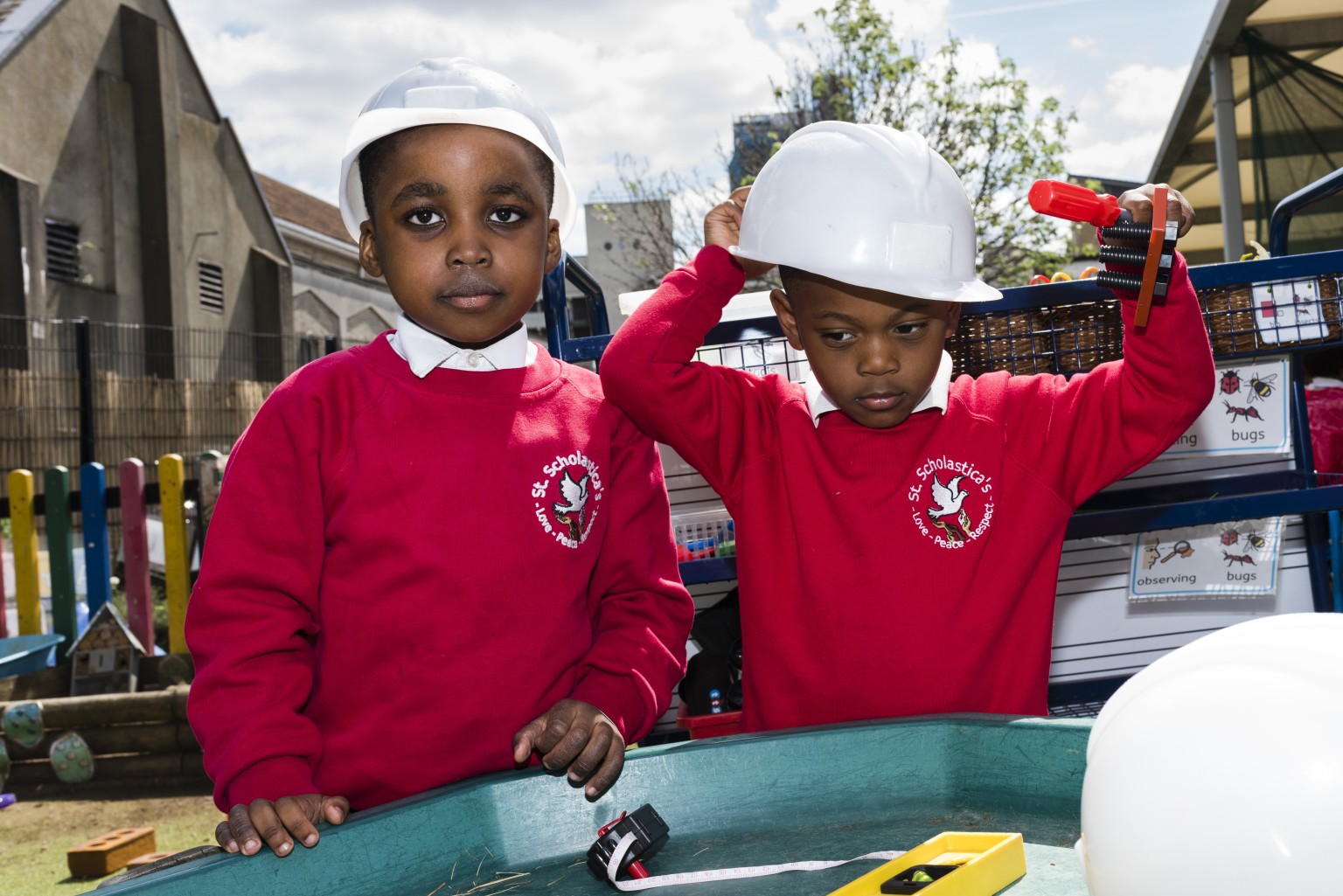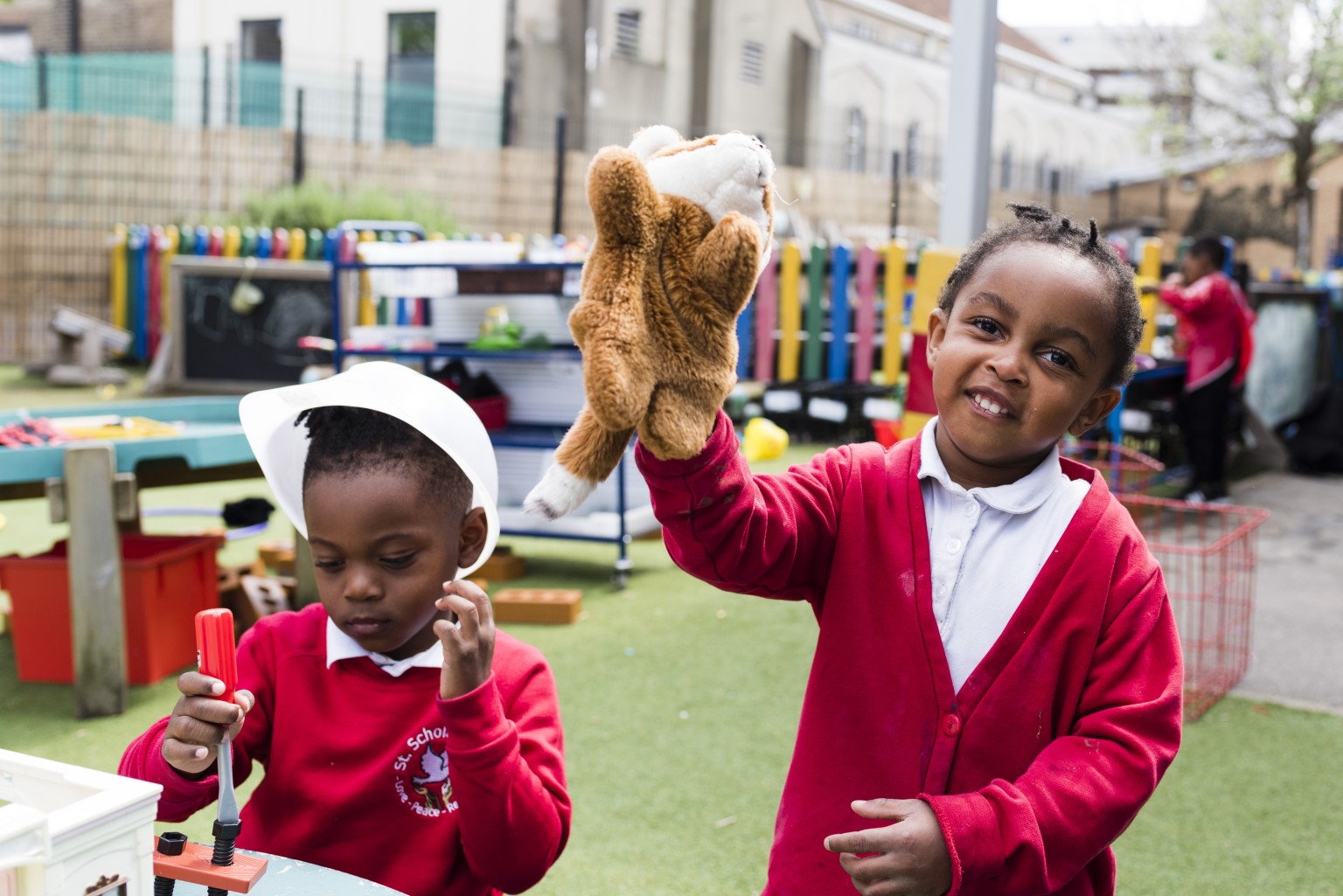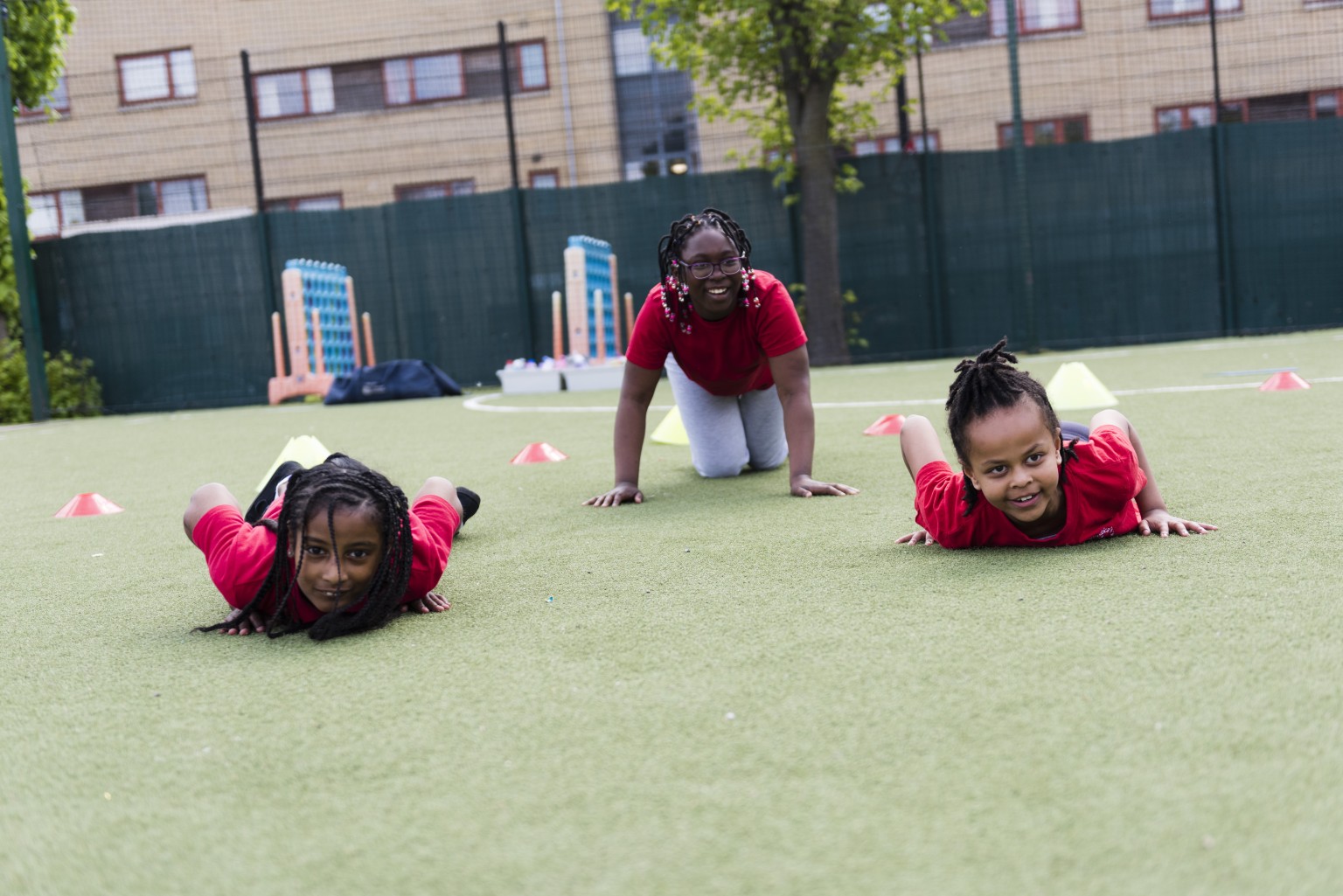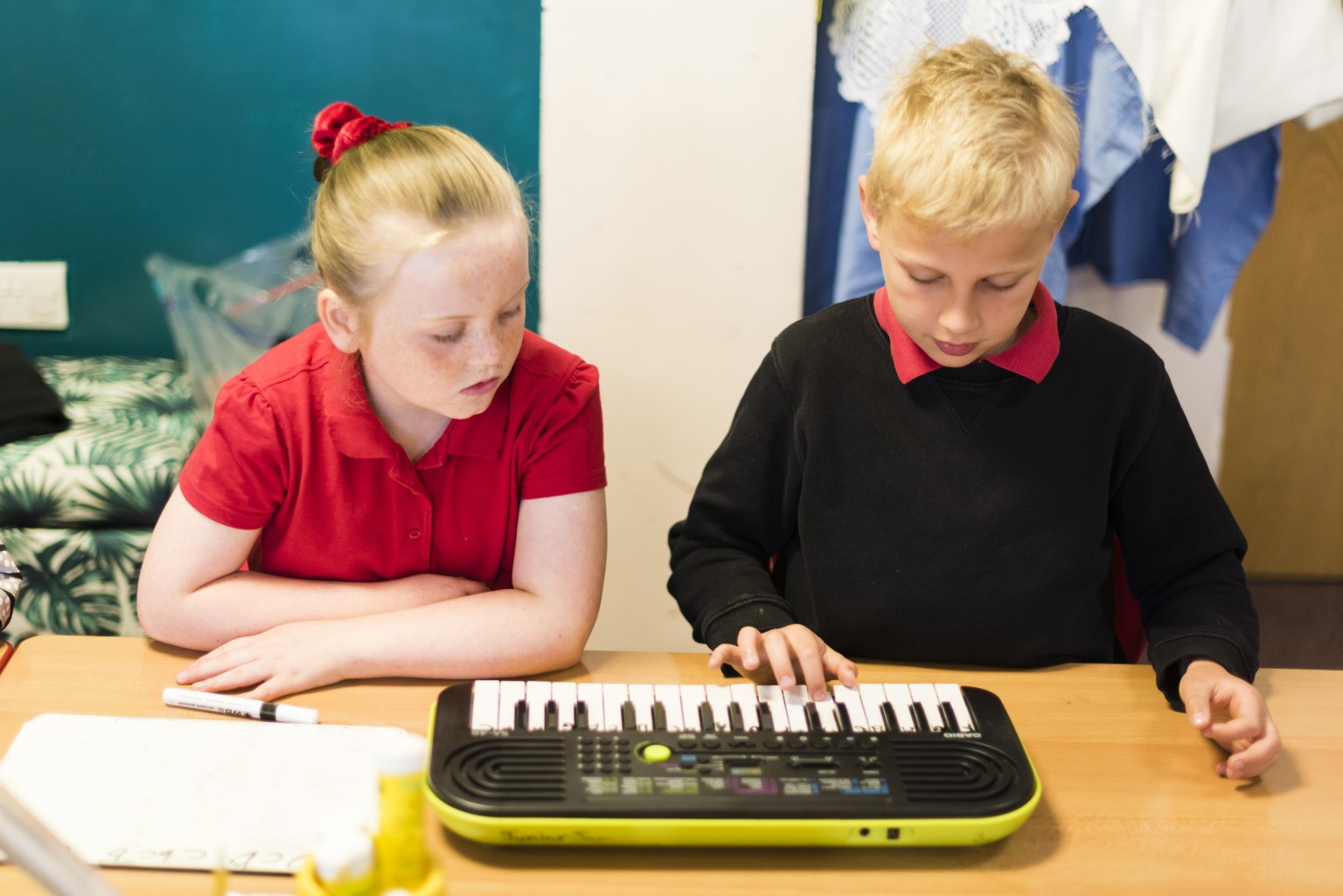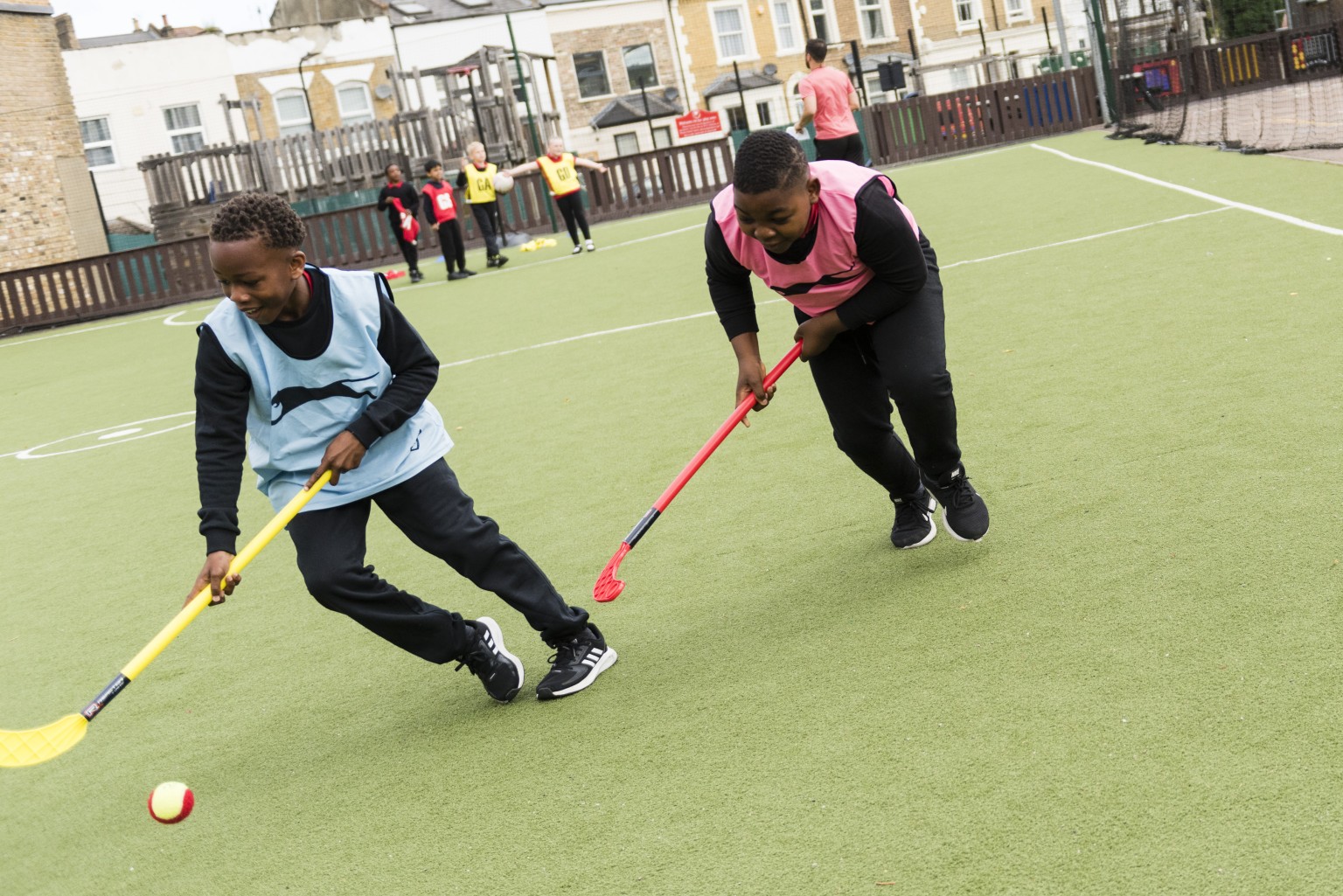Our Curriculum
Share this page
Rationale
Our school is a Catholic community committed to providing a safe, inclusive environment where everyone is significant and respected for their differences and achievements. We inspire each other to learn, grow, enjoy and be happy. Our aim is that when every child leaves us at the end of Year 6, they will feel confident and be responsible and competent members of society who are ready for secondary school. We hope to achieve this by giving every child a wealth of knowledge, experience and opportunity which will help them to develop an enthusiasm for learning. We are an inclusive school that strives to meet the needs of all our children in every aspect of school life. Our curriculum is supported by our Super Skills of Motivation, Determination, Respect, Aspiration, Independence and Resilience. These are learning behaviours that we believe will best help children during their time with us and beyond. They will help children to succeed in their learning, school life and future endeavours.
Implementation
At St Scholastica’s, our curriculum is designed and implemented ensuring it is ambitious, broad, and balanced while remaining rooted in our Catholic ethos. We aim to inspire all pupils to achieve their God-given potential, developing academically, spiritually, socially, and emotionally.
Our curriculum reflects the National Curriculum, with adjustments to ensure inclusivity and high-quality education for all pupils, including those with additional needs. The curriculum is carefully sequenced to build knowledge, skills, and understanding progressively. Subject leaders collaborate to ensure coherence and continuity across year groups and key stages.
Key Aspects of Curriculum Implementation:
- Intent and Planning: We develop a curriculum that reflects our mission and vision as a Catholic school, integrating Gospel values and fostering respect, compassion, and a sense of community. Plans are regularly reviewed to ensure they meet the needs of our pupils while preparing them for the next stages of their development.
- Quality Teaching and Learning: Teachers deliver lessons that are engaging, inclusive, and adapted to meet the diverse needs of our learners. High expectations are set for all pupils, and teaching methods are research-informed, emphasising active learning and critical thinking. Learning is revisited to deepen understanding and to try to maximise retention of key skills and knowledge.
- Enrichment Opportunities: Learning extends beyond the classroom, with a range of extra-curricular activities, trips, and community projects that enhance pupils’ understanding of the wider world and deepen their engagement with learning.
- Personal Development:
Through our RE curriculum and PSHE curriculum, we ensure that pupils are nurtured to develop moral and ethical values, resilience, and the skills to contribute positively to society. - Partnerships with Parents and the Wider Community:
Parents are involved in their children’s learning journey through workshops, regular communication, and shared events. Partnerships with parish and local organisations enrich our pupils’ experiences and support their holistic development.
We strive for continuous improvement, regularly evaluating our curriculum through monitoring, pupil feedback, and self-assessment to ensure it continues to serve the needs of our pupils.
By embedding faith, knowledge, and community in our curriculum, we aim to educate and inspire confident, reflective, and compassionate young people.
Impact
At St Scholastica’s, we are committed to ensuring that the education we provide has a meaningful and lasting impact on every child, nurturing them to grow in faith, knowledge, and character. We want our children to be ready for the next stage in their development. Measuring the impact of our work is integral to maintaining high standards and ensuring that our vision is realised.
We evaluate the impact of our curriculum and school ethos through a combination of quantitative and qualitative measures, ensuring that all aspects of pupil development—academic, spiritual, and personal—are carefully monitored and celebrated. These include learning walks, parent and pupil voice and book looks.
We will continue to ask ourselves these challenging questions:
- How well are key subject knowledge and skills consolidated before moving onto the next topic? How do we know?
- How well developed are pupils’ learning habits and learning skills? How do we know?
- How do we use evidence of pupils’ learning to feed into planning and adaptation of the curriculum?
- How well are children learning the content outlined in the curriculum? How do we know?
- How well are pupils prepared for the next stage of education? Where do they go?
- How do we know our curriculum is having an effect across all pupils, including those who are disadvantaged or have low attainment?
Through these measures, we continually reflect on our practices to ensure we provide the highest quality education in a nurturing, faith-based environment. This cycle of evaluation, reflection, and action ensures that every pupil leaves our school confident, capable, and inspired to live out Gospel values in their lives.
What do we teach at St Scholastica's?
The core subjects are:
- English (Reading, Writing, SPaG, Speaking & Listening)
- Maths
- Religious Education
The Foundation Subjects are:
- Science
- Computing
- Personal, Social, Health & Citizenship Education (PSHCE)
- Physical Education
- Music
- Geography
- History
- Art and Design
- Spanish
Assessment
There are a number of statutory assessments that the school must complete.
- EYFS Baseline and end of EYFS Profile
- Y1 Phonics Screening Check (PSC)
- Y4 Multiplication Timetable Check (MTC)
- Y6 SATs
Comparative analysis of internal data with national benchmarks helps us measure progress and set targets for improvement.
Throughout the school, we complete a suite of tests twice a year using NFER test papers in reading and maths and we use teacher assessment in writing. We use this data to check on progress, to highlight gaps in learning and to look at pupils who need additional support or intervention in order to help them secure expected progress or make accelerated progress towards outcomes. Many assessments are ongoing throughout the year and teachers continue to assess after units of learning have been completed or at the end of a topic.

